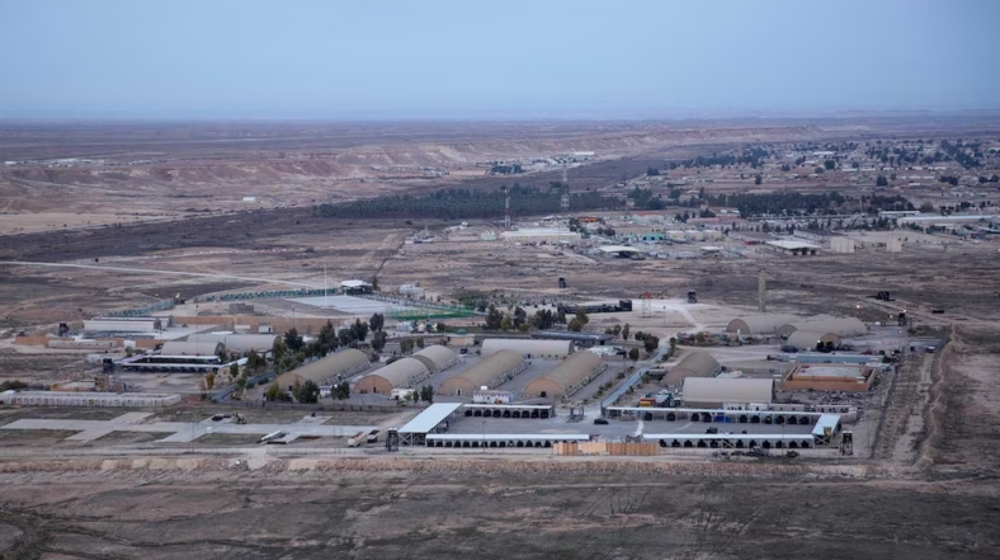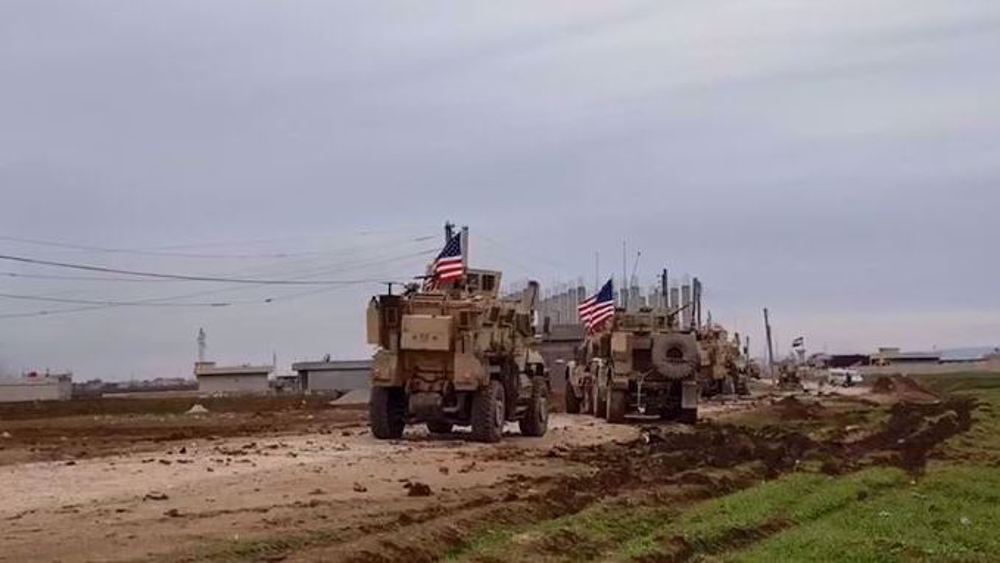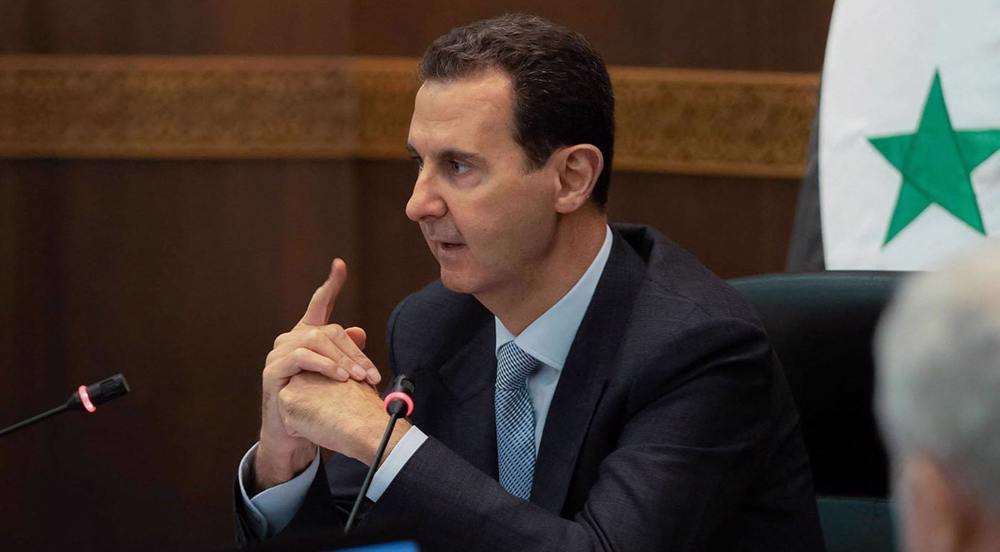De-escalation zones don’t mean Turkish troops presence: Syria official
The Syrian government has welcomed an agreement on implementing lasting ceasefire in a de-escalation zone in the conflict-plagued Arab country, stressing such a consensus does not grant Turkish military forces authorization to stay in Syria.
An unnamed official source at the Syrian Ministry of Foreign Affairs and Expatriates told Syria’s official news agency, SANA, on Saturday that Damascus appreciated any initiative that would lead to the resolution of the Syrian conflict, stop the shedding of Syrian blood and alleviate the nation’s sufferings.
Representatives of the Syrian government have taken part in six rounds of talks on the crisis in the Arab country in the Kazakh capital city of Astana with optimism and openness, the source added.
He said Syria had authorized both the Russian and Iranian sides to complete the final agreement on the northwestern province of Idlib on the grounds that they are the guarantors of the deal, and the Turkish government changes it positions and stops arming, financing and dispatching terrorists to Syria, and helps establish security in the troubled areas.
“Therefore, the agreement to set up de-escalation zones in Syria does not legitimize the presence of Turkish troops on the Syrian soil, and the Syrian government views such deployment as illegal,” the diplomat pointed out.

On Friday, Russia, Iran, and Turkey, which together act as guarantor states in peace talks for Syria, agreed on the details of a “de-escalation zone” in Idlib province.
Iranian Deputy Foreign Minister for Arab and African Affairs Hossein Jaberi Ansari, speaking in Astana with Lebanon’s al-Manar TV station, described the newly-agreed zones in Syria as a "secure cordon" with checkpoints.
Meanwhile, Kazakh Foreign Minister Kairat Abdrakhmanov said a seventh round of talks in Astana was planned for the end of October.
The northwestern province of Idlib borders Turkey and is largely under the control of foreign-sponsored and Takfiri Jabhat Fateh al-Sham militant group, which was formerly known as al-Nusra Front.
In August 2016, Turkey began a unilateral military intervention in northern Syria, code-named Operation Euphrates Shield, sending tanks and warplanes across the border. Ankara claimed that its military campaign was aimed at pushing the Daesh Takfiri terrorist group from Turkey's border with Syria and stopping the advance of Kurdish forces, who were themselves fighting Daesh, but Damascus denounced the operation as a breach of its sovereignty.

In March, Turkey announced that the operation had ended “successfully.” During the operation, Turkey-backed Syrian militant groups and the Turkish military cleared an area in northern Syria of Daesh and prevented the Syrian Kurdish People’s Protection Units (YPG) from conjoining its territories.
The YPG is part of a larger coalition of militants — the so-called Syrian Democratic Forces (SDF) —which has been engaged in operations aimed at liberating the city of Raqqah.
Ankara has on multiple occasions expressed its deep concern about the advance of YPG forces in northern Syria.
Iran urges Security Council to address 'belligerent' Israel's atrocities in Gaza, region
VIDEO | Leader meets workers on Labor Week
French police called in to break up US-style pro-Palestinian student demo
VIDEO | US continues starving Syrians, stealing their resources
Yemeni forces strike Israeli ship, Port of Eilat in solidarity with Gaza
Columbia, Yale students bent on ending US support for Israeli genocide
VIDEO | Genocide in Gaza
Iran calls on BRICS to play role in stopping Israeli crimes




















 This makes it easy to access the Press TV website
This makes it easy to access the Press TV website